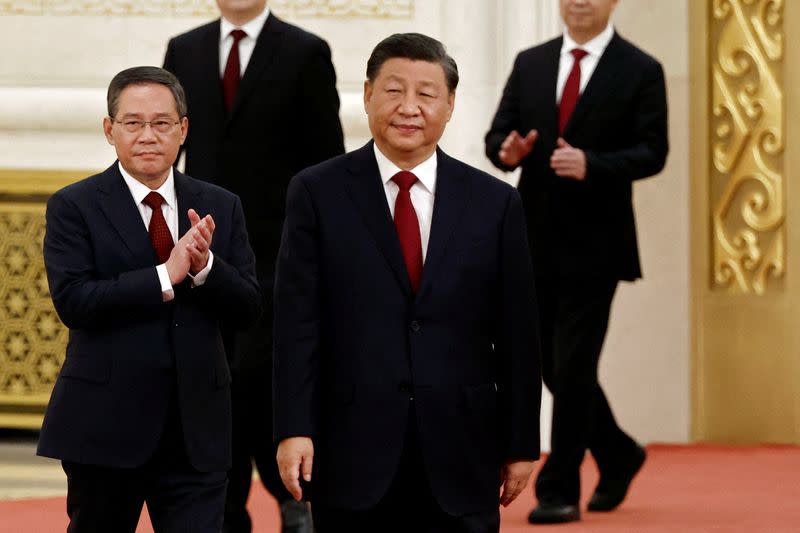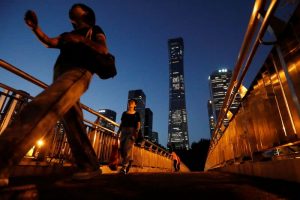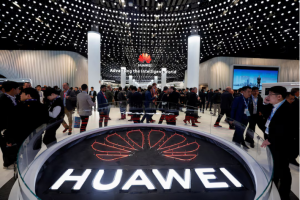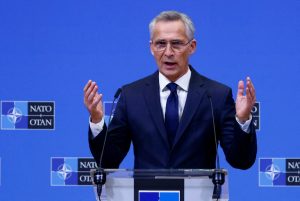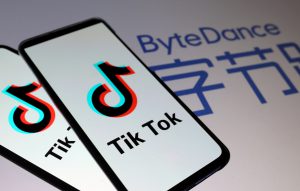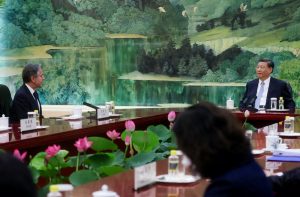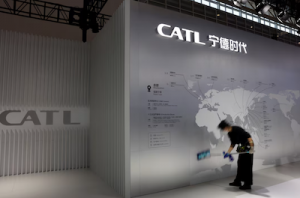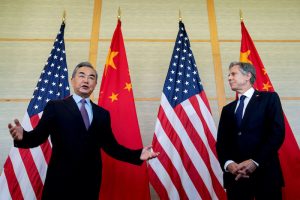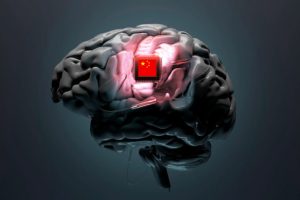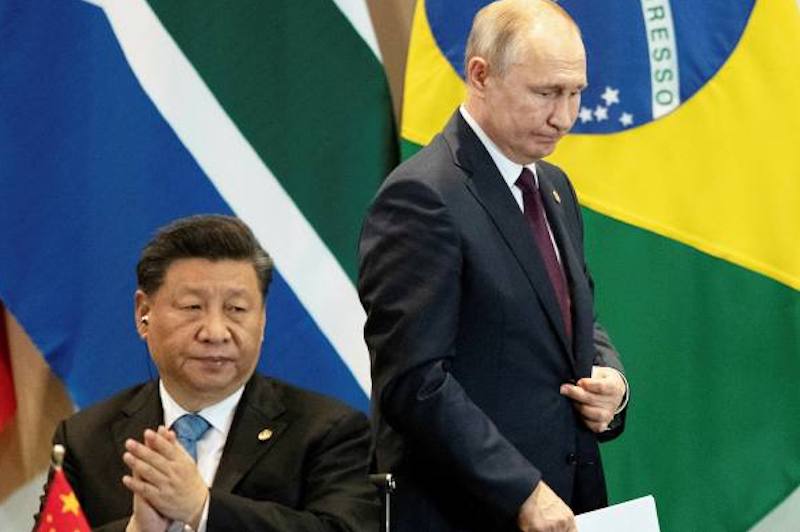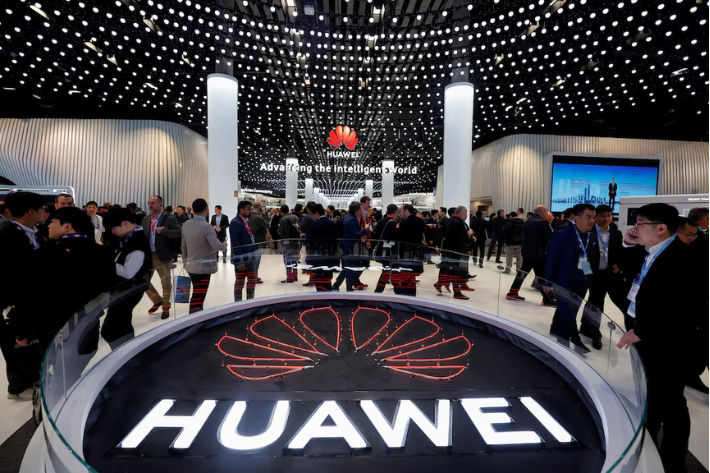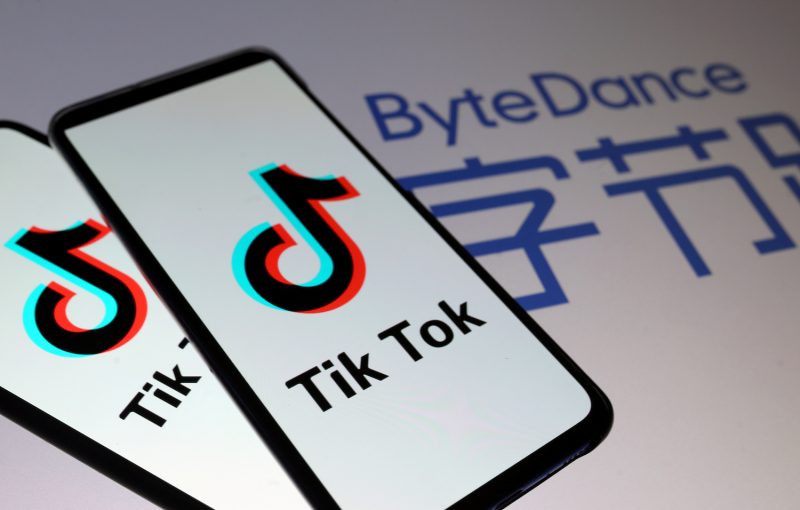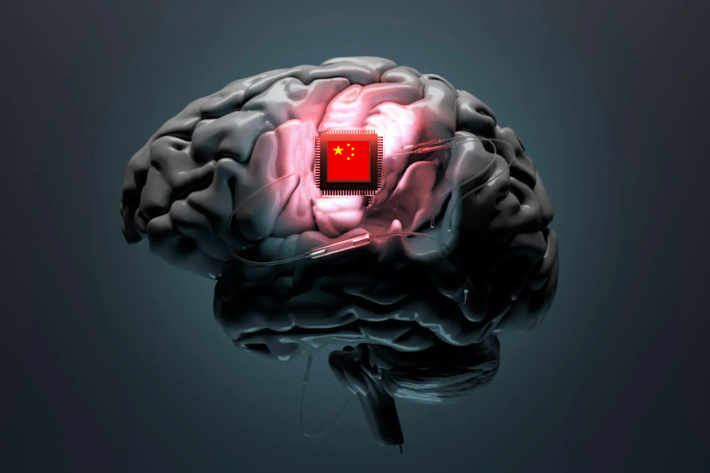The spotlight of China’s National People’s Congress, which starts in Beijing tomorrow, will fall on Prime Minister Li Qiang, who is due to deliver his first government “work report” at the opening on Tuesday.
The work report is an annual pronouncement of policy priorities, similar perhaps to the US president’s State of the Union address. In recent years, the speech has been used to outline economic targets and plans on how to reach these goals.
A major highlight since 1993 has been the premier’s meet-the-press session on the last day of the meetings. But the news conference has been scrapped this year and for the rest of the parliamentary term “unless there are very special circumstances”, a parliament spokesman said in a surprise announcement on Monday.
ALSO SEE: China Property Sales Drop for 10th Straight Month in February
The move could amplify concerns over transparency on policymaking. Analysts say the role of both the premier and State Council (or Cabinet) have been sidelined under President Xi Jinping, who is believed to control most policy areas.
The announcement may also increase the focus on Li Qiang, who has been the subject of rumours and speculation recently that he could be the next high-profile minister to be dumped – and made the “fall guy” for China’s economic crisis – despite his close ties to Xi.
Such talk appears to stem from claims that Li, who was appointed last September, doesn’t have the “clout” – or economic nous of this predecessor Li Keqiang, who died of a sudden heart attack last October – to reinvigorate the economy.
Whether Li Qiang’s position is under threat is hard to know, but all eyes will be on the plans he will announce to support growth in the world’s second largest economy, as the task he has to oversee is extremely challenging.
A property crisis, deepening deflation, a stock market rout, and mounting local government debt woes have pressured China’s leaders, so that the stakes for this year’s session loom large for international investors and companies operating there.
Li’s work report will review the past year before outlining key economic objectives, expected to include steady growth for 2024 at about 5%, and a budget deficit of 3% of gross domestic product.
Analysts expect him to unveil moderate stimulus plans to stabilise growth but stop short of bold reforms to fix deep structural imbalances.
Li may also elaborate more on how the state wants to leverage “new productive forces”, a concept first raised by Xi last September describing steps to promote strategic industries including artificial intelligence.
China will also announce its defence budget, which has grown at a faster pace than GDP since Xi came to power 11 years ago.
Analysts say that if the trend continues, despite a purge last year of several generals in charge of military procurement, it would underscore the emphasis Xi, as commander-in-chief, places on national security amid strategic competition with the United States.
Other state bodies will also lay out plans for the year ahead in work reports. For example, the parliament might outline what laws it aims to pass in 2024.
Over 5,000 MPs, advisers gather for ‘Two Sessions’
About 2,960 parliamentarians from all over China, plus Hong Kong and Taiwan have gathered in Beijing, along with 2,200 political advisers, for the two parallel sets of meetings called the Lianghui or “Two Sessions”.
The week-long meetings in the Great Hall of the People, a cavernous building south of the Forbidden Palace, are widely publicised by state media to send a message that policy directions and personnel decisions adopted there express the will of the people.
The NPC, consisting of elected parliamentarians, is China’s national legislature and in principle the most powerful state body under the constitution.
The Chinese People’s Political Consultative Conference (CPPCC) is a top advisory body of experts, business leaders and representatives from other political parties.
But in practice, both the NPC and CPPCC answer to the Chinese Communist Party led by supreme leader President Xi Jinping.
No bill or personnel decision proposed by the party has ever been rejected by the parliament, which is why it is widely characterised as a “rubber-stamp” body.
In terms of other possible highlights, parliamentarians have the power to appoint senior government officials, and some diplomats expect that Liu Jianchao, now the de facto foreign minister for the Communist Party, could be named China’s foreign minister at this year’s meetings.
Delegates will discuss the policy objectives figuring in work reports and suggest tweaks. Parliamentarians give their stamp of approval by voting on the last day of the meetings. Political advisers have no right to vote.
- Jim Pollard with Reuters
ALSO SEE:
China’s Congress Seen Targeting Economic Stability, 5% Growth
China’s Shimao Group ‘Faces Liquidation Suit From Foreign Bank’
Chinese Firms Withdraw IPOs at Record Rate Amid Regulatory Ire
China Chops Mortgage Benchmark Rate to Boost Property Market
China’s Deflation And Weak Economy Point to Another Bumpy Year
Critics Say China’s ‘National Team’ Can’t Fix Its Sinking Markets
Chinese Minister, ‘Mistress’, Rocket Chiefs All Missing – A/Sentinel




